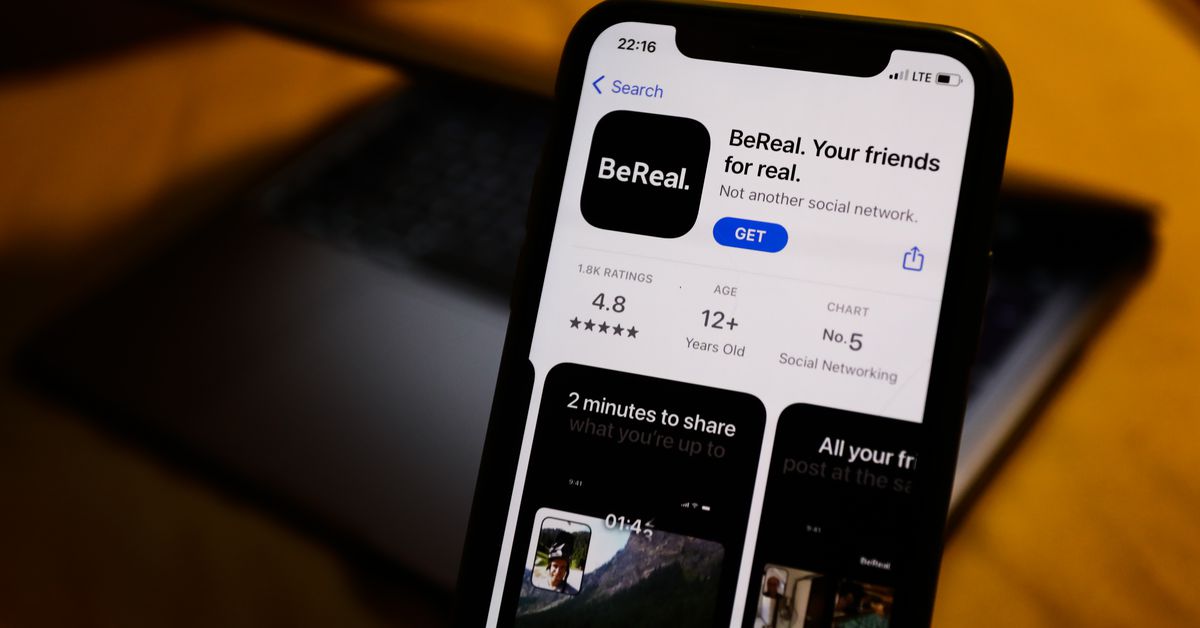
Were you unable to attend Transform 2022? Check out all of the summit sessions in our on-demand library now! Watch here.
Privacy is a fundamental human right, one that deserves to be protected and upheld in all forms.
However, in recent decades, the ethical lines our society draws between what privacy does and does not constitute have been heavily blurred. With governments and private actors alike becoming more intrusive and people resigned to exchanging their privacy for convenience, we have come to a crucial point in history.
If it is even possible, how can we regain control of our private data in a society that is constantly allowing the walls between public and private life to be broken down?
Ask people what they think about their privacy, and most will give an answer about how much they value their ability to be left alone, free from intrusions and unwanted surveillance. Furthermore, most will also voice concerns regarding their powerlessness to escape a growing surveillance state enabled by new technologies and exasperation at their lack of recourse.
Event
MetaBeat 2022
MetaBeat will bring together thought leaders to give guidance on how metaverse technology will transform the way all industries communicate and do business on October 4 in San Francisco, CA.
Register Here
Modern technologies, such as social media, cell phones and online banking, have enabled centralized corporations and authorities to continuously surveil our conversations, activities, purchases, and relationships. People around the world have become accustomed to relinquishing privacy in exchange for digital conveniences.
Indeed, we are often subtly, and not so subtly, coerced into foregoing our privacy.
How did this happen?
One of the first questions to answer when considering the idea of privacy is: How did technology become so intrusive? Also: Why must we give up so much information just to use what have become basic online services such as navigation, purchases and food ordering?
The answer lies in the way that the internet has been monetized since its inception. Every step we take online, every click, scroll, and key tap we make is collected by the servers through which we interact. This data is exploited by corporations like Google and Meta to make billions of dollars each year. Big tech companies sell targeted advertisements based on online movements and data profiles. Although this may seem a small price to pay for “free” access to the world wide web, it comes with serious consequences.
One of the more egregious examples of data abuse in recent memory is the Cambridge Analytica scandal. Cambridge Analytica is a political consulting firm that acquired the private Facebook data of tens of millions of users before the 2016 election. These psychological profiles of American voters were packaged and sold to campaigns, political interest groups, and anyone else willing to foot the bill. These intimate data stores made it possible for interest groups to aggressively and accurately target certain demographics to promote political agendas.
However, this was not the first example of the abuse of what most users would otherwise consider “private” data — and it certainly will not be the last.
Online privacy and government surveillance
In 2022 alone, Amazon admitted to giving Ring videos to police 11 times without permission from users or a court-issued warrant. These incidents are not isolated, but part and parcel of the way the current internet works.
Similar government practices have had perhaps even broader implications. Since at least 2001, after the introduction of the Patriot Act, the U.S. government has engaged in widespread surveillance of ordinary American citizens’ domestic communications without cause. Proponents claimed that giving the government more leeway in obtaining wiretapping warrants would help the government better respond to national security threats. Opponents feared that it would be used inappropriately and as it turned out, they were right.
Even after this type of behavior was struck down in the courts, documents obtained by journalists showed that overseas surveillance by U.S. intelligence agencies still allows the National Security Agency (NSA) to make use of information “inadvertently” collected from domestic communications without a warrant.
This behavior paints a grim picture for the private citizens of the world. With corporations and governments alike exploiting our private lives, how can we possibly undo all this damage? Is there a workable solution?
Legislative action
If there is a solution, it must be two-pronged, simultaneously combining new technological innovations and legislative action.
From a legislative perspective, policymakers have taken steps to reign in privacy infringements on the part of big tech for some time, with varied success. In 2018, California unanimously passed the California Consumer Privacy Act, which was a tremendous step forward in restoring user privacy online. The law, which took effect in 2020, gives users the right to know what information that companies like Meta and Google are collecting, why they are collecting it, and who they are sharing it with, along with the option to prevent these companies from selling their data at all.
Although this legislation was not totally comprehensive, and it only applies to citizens of California, it has the potential to create an initial framework for future legislative action.
Tech sector following suit
Another set of solutions is coming out of the tech sector itself.
In particular, the “trustlessness” of blockchain technology has been applied to create solutions for financial privacy protection in hopes of enabling efficient, scalable, and secure peer-to-peer transactions that don’t require intermediaries. Before the invention of cryptocurrencies, users of online financial services had no choice but to trust central authorities to hold their personal and financial data securely and responsibly.
Conversely, blockchain transactions have the potential to allow anonymous transactions with users retaining full control of both their personal data and transaction histories. Transactions can be executed instantaneously across the world, 24/7, in a trust-minimized system without compromising personal or financial data. In many ways, this technology has reintroduced the privacy of peer-to-peer cash transactions to the online world.
Despite some signs of hope that the right to privacy could be restored online, users still face an uphill battle against tech corporations, their well-funded lobbyists, and the governments loathe to give up the access they currently have.
The key to successfully preserving privacy, however, ultimately rests in the decisions of individuals. How much longer will we sacrifice privacy for convenience? The speed at which we develop nascent blockchain technologies will likely hold much of the answer.
Bryan Hernandez is the president and cofounder of Structure, a DeFi, crypto and traditional markets platform set to launch in El Salvador in 2022. He previously founded Sonar Trading, which employed algorithmic strategies in cryptocurrency markets. Hernandez entered the fields of trading and investing after a career in computational biology at the Broad Institute of the Massachusetts Institute of Technology and Harvard University, during which he published multiple articles in Nature, Cell and other peer-reviewed journals.




/cdn.vox-cdn.com/uploads/chorus_asset/file/25334828/STK466_ELECTION_2024_CVirginia_F.jpg)

